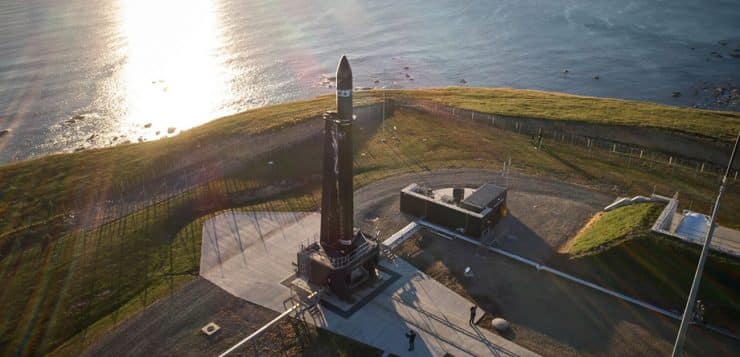What skills will the students of today need to get hired by the most innovative industries of tomorrow?
For students inspired to join the fastest-growing businesses of the future, there’s nothing more exciting than the global space economy.
Internationally, space careers are booming. A new generation of private space companies are racing to recruit for a huge range of roles, from scientists, engineers and technicians to experts in space law or space medicine.
The growing demand for space industry jobs was predicted in a 2013 study by Advanced Technology Services and marketing research firm ACNielsen. The study anticipated the current shortage not just of senior engineers, but of workers with key interpersonal skills such as problem-solving, critical thinking, communication and collaboration.
New Zealand’s education system is designed to support students to develop exactly these skills. It offers a future-focussed style of learning that encourages students to think for themselves, come up with their own ideas, work with others and develop solutions to real-life problems.
Graduates of New Zealand programmes in astronomy, space sciences and other space-related subjects can work internationally or in the country’s own fast-growing space industry. New Zealand has its own space agency and more than 70 space-related businesses and organisations.
These new space pioneers include Rocket Lab, founded in New Zealand by Kiwi Peter Beck. Rocket Lab is breaking down the barriers to commercial space by launching satellites with 3D-printed rockets that are smaller, lighter and cheaper than ever before.
Rocket Lab Communications Manager Morgan Bailey says students aiming for careers in the space economy or other future-focussed industries should look to develop strong interpersonal skills and gain internationally-recognised qualifications.
When recruiting the rocket scientists of the future, says Morgan, Rocket Lab looks for graduates with these five qualities.
1. THEY LIKE TO DO THINGS DIFFERENTLY
Curiosity, innovation and a willingness to find new solutions to old problems can take graduates a long way.
“We really value the ability to look beyond the status quo and the way things have always been done,” says Morgan.
“We’re looking for people who have created something that has tested their problem-solving abilities in a real-world situation, whether it’s building their own bike or creating an app.”
2. THEY’RE TEAM PLAYERS
The value of being a team player goes far beyond the football pitch – top employees are able to share skills, exchange knowledge and combine resources to get the job done. It’s true on earth, and it’s especially true in space, says Morgan. “Everyone who comes here must be a team player and collaborate to achieve a united goal. There are no single heroes – everyone pulls together to solve problems.”
3. THEY’RE GREAT COMMUNICATORS
Life can’t be conducted entirely behind a screen – being able to communicate well with people is essential to doing well at work.
“When you work as a team, you need to be able to explain an idea or a solution clearly. It’s important to be able to translate your own ideas so they can be understood by different audiences, whether that’s the board, a group of interns or the general public.”
4. THEY LOVE THEIR JOBS
“The only way to do great work is to love what you do,” said Steve Jobs.
Morgan agrees. “Our team is made up of incredibly high-performing people doing things that haven’t been done before. You really need to care about what you’re working on. You must have a real hunger to take the next step.”
5. THEY’RE TECH-SAVVY
You can’t get a rocket into outer space without strong technical skills – and the creativity to imagine what might be possible.
“We’re a big machine and we need a lot of different technical skills, from some pretty heavy mathematics and a good grasp of physics to procurement and administration skills,” says Morgan.
“But to be part of our team you need to be able to go to the next level of creativity, drive and passion. We’re looking for the absolute stand-outs – the best of the best.”
Studying for a career in space
- Earth and space science is among the huge range of subjects students can choose to study for NCEA, the main secondary school exams. Students might discover how the planets in our solar system were formed, gaze at star clusters through a telescope, or follow the passage of planets in the night sky over several months.
- At the University of Auckland, an innovative space programme enables undergraduates studying any subject to identify a social need and then work in teams to find a solution using a mini satellite – which may then be sent into space.
- There are clubs for just about everything in New Zealand universities and polytechnics, and space is no exception. In February 2019, students from the University of Canterbury’s aerospace club designed and built a high-powered rocket that reached an altitude of 31,000 feet.
Source: Education in New Zealand







